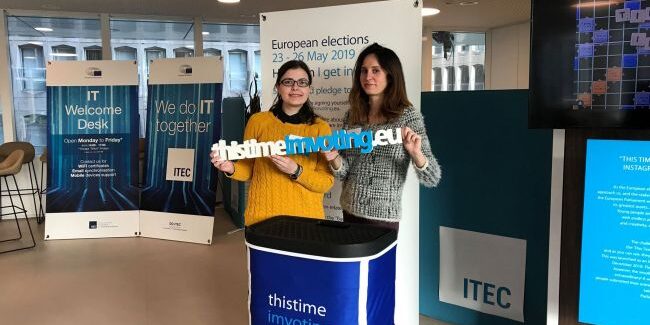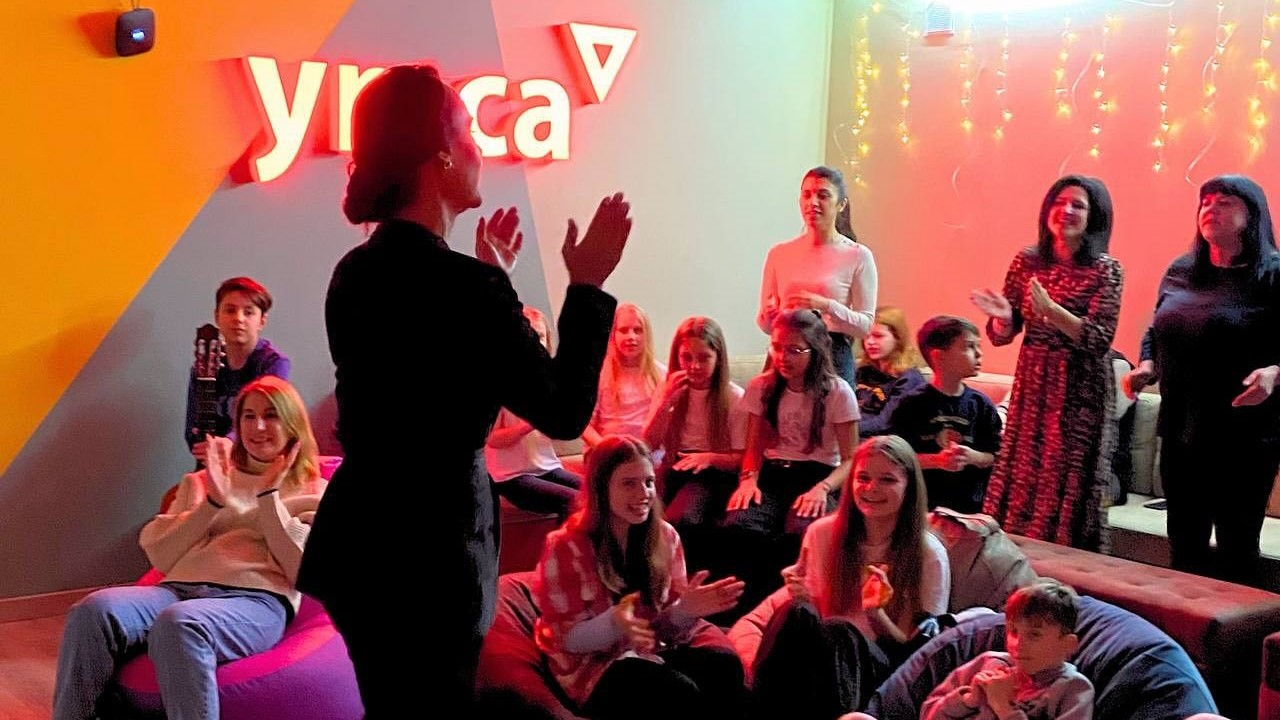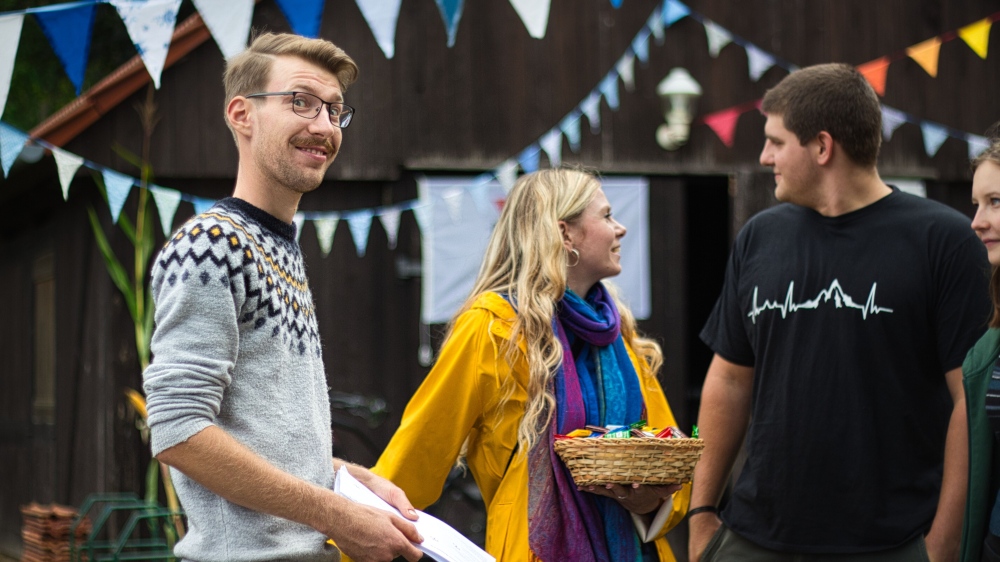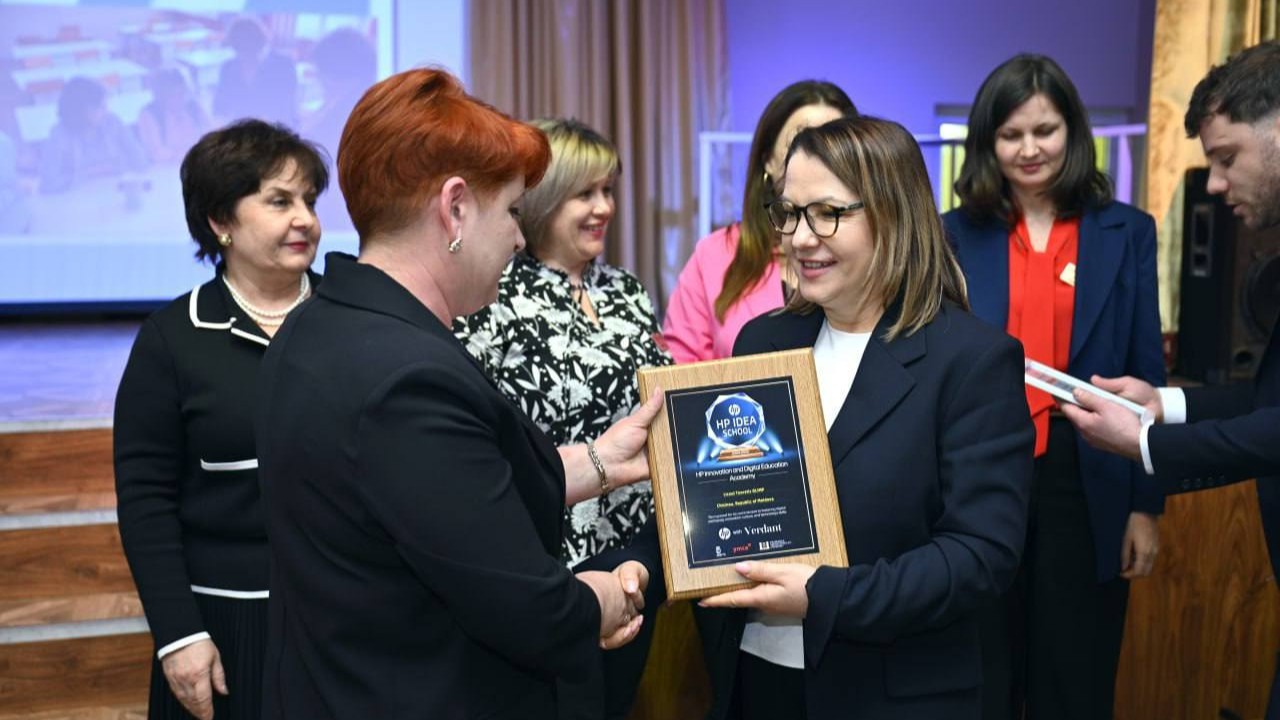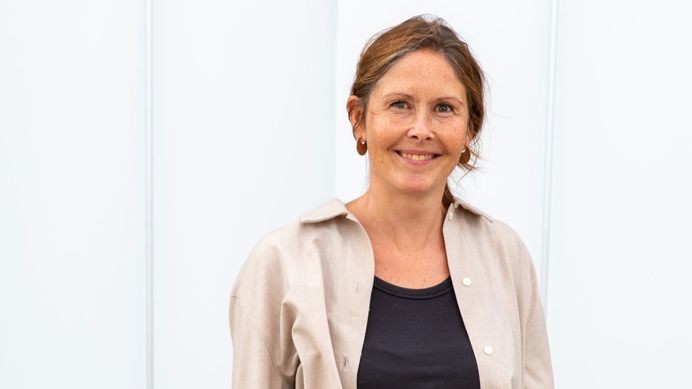The purpose of “Have Your Say in What the European Parliament Should Do for Youth” Consultation was to discuss upon the suggestions the European Parliament could take into account when addressing the subjects connected to the youth field. At the same time, the event was focused on debating the ways in which young people could become more engaged with the European subjects and interested in attending the elections scheduled for May.
YMCA Europe was involved in drafting the agenda for this event, being one of the INGOs that took part in the preparatory meeting, at the end of January. Also, for this event, we have been represented by two of our members – Eliza from the Youth Policy Group and Jeanne – intern in our Brussels Office. The consultation has been facilitated by Ian Andersen, Participatory Leadership Adviser within the European Commission. In the opening session, there were also some official interventions belonging to the representatives from the European Commission and the European Parliament.

Afterwards, the meeting was open to get to know each other, and for this our facilitator prepared a couple of questions, such as: how many times have you voted in the European elections; how close/far away you feel about your beneficiaries; how politically engaged/apolitical is your organization, etc. Basically, the questions were meant to position the participants in various sides of the room in order to get an overview over the experience and interest each one has in the topics related to the consultation.
The next part of the consultation was to discuss in a World Café format about several issues such as:
1. What do the European elections mean for you or for your organisation?
- Some started to organize debates, not only with the young people, but invited experts as well;
- Some consider the issue of the continuity of Erasmus+ programme in the scenario in which there will be more Eurosceptic candidates elected;
- Others said that they do not depend so much on the European funds and from this point of view is more difficult to make a connection with the young voters and motivate them to be active in the elections;
- A couple referred to the fact usually the citizens don’t understand how the European Union works and what does it do for them;
- A suggestion that we made was to change the perspective and use games and non-formal tools instead of formal explanations in order to engage the young people more;
2. What do you see as obstacles for you and your NGO in terms of attending the EU elections?
- A few referred to the lack of information, while the majority mentioned the lack of interest;
- Some participants invoked the lack of identity as an obstacle, because many people don’t know what they want or what to expect from the elections;
- Other obstacles brought into the discussion were about the long-term implications of the vote, the connection between responsibility and obligation, the power of vote and how exactly it changes the lives of citizens.
3. What do you see as your contribution to bring the young people to vote?
- We suggested that we should not tell people what to vote for (which are the good parties and which are the bad ones), but rather make them aware about the options they have and equip them with the necessary tools to make an informed decision;
- Other ideas that were mentioned: we need to promote what was good in the legislation, the progress that was made (roaming fees, free movement, studies and work abroad;
- Another thing that we suggested is that we should be careful not to make hierarchy of voters such as promoting ideas where only young people are entitled to vote, while the elder categories are left outside of the process.

Soon after the lunch break, we dived into a session where we were asked to propose ideas for an open space. This was a good moment to discuss with the other participants on themes such as: youth empowerment, mental health, Erasmus+, non-formal education, transparency and participation, etc.
Together with Jeanne we proposed an exercise focused on mind-mapping the concept of elections. That meant that each participant in our group was asked to write on post-its words or phrases they are thinking of when hearing about the elections. The outcomes generated were: options, information, right of expression, decision, choice, difficulty, winners, change, democracy, impact, important, external intervention, awkward, politics, disinformation and misinformation.

The associations made by the participants in our group were quite interesting and some of them pointed out how democracy is so close to external interventions and the rights and freedoms we are used to can be very vulnerable in the face of disinformation and misinformation. The reason we have proposed this exercise was to see which are the thoughts on the participants on this concept that was at the forefront of the consultation. And the conclusion we all reached was that the elections are not a purpose in itself, but a step from a broader context, called civic engagement.

